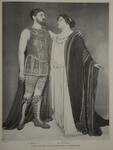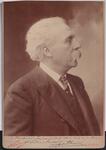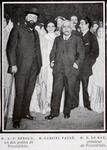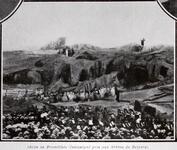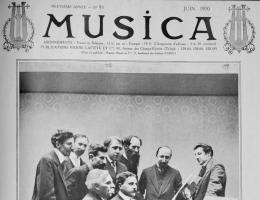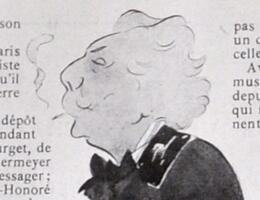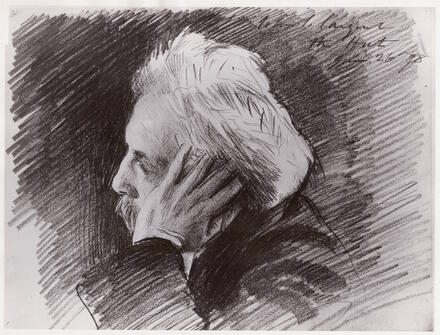
Gabriel FAURÉ
1845 - 1924
Composer, Organist, Pianist
Fauré was the son of a school headmaster. From the age of nine he trained as a church musician at the École Niedermeyer in Paris. He studied there with Loret (organ), Saint-Saëns (piano) and Louis Niedermeyer himself (composition), and received an exceptionally rich training, which included study not only of the works of composers of the past, but also of contemporary musicians. Not surprisingly, after graduation in 1865, he embarked on a career devoted to religious music, which led him notably to the position of maître de chapelle (1877-1905), then organist (1896-1905) of the church of La Madeleine in Paris. At the same time he began to frequent the salons, where he shone through his talents as a pianist and improviser. In 1896, with his reputation growing, he succeeded Massenet as professor of composition at the Paris Conservatoire, before taking over as director from 1905 to 1920. With his free spirit and open-mindedness (he was one of the founders, in 1871, of the Société Nationale de Musique), Fauré deeply impressed his students, who included Florent Schmitt, Charles Koechlin, Nadia Boulanger and Maurice Ravel. He was the author of an ambitious tragédie lyrique entitled Prométhée(1900), a magnificent opera, Pénélope (1913) and a famous Requiem (1877), but it was above all in the intimate and refined world of chamber music, piano pieces and art songs (melodies) that Fauré developed the most innovative aspects of his style. A first-rate melodist and a harmonist of amazing intuition, he was one of the great representatives of French music at the turn of the century and, as such, was elected to the Institut de France in 1909.




